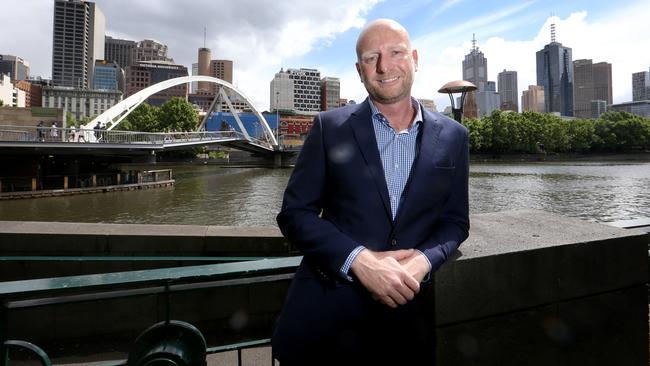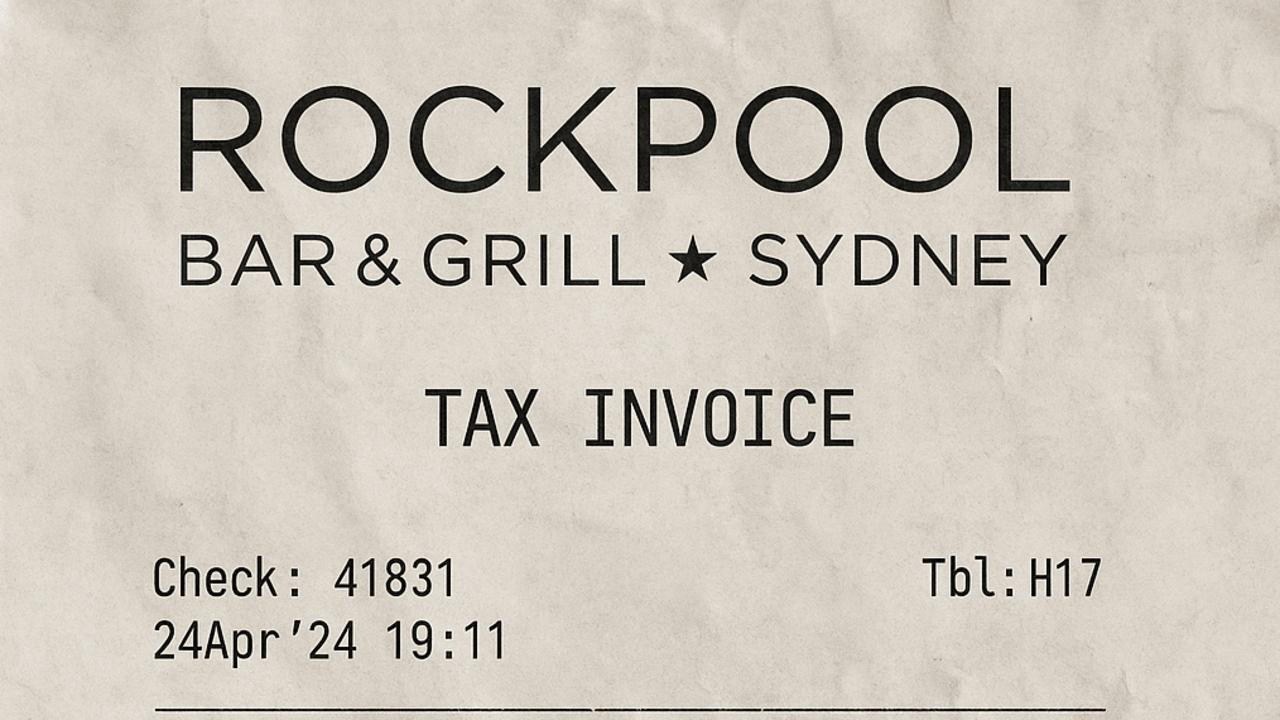Lottoland plays the market to fund winnings
Lottoland covers itself against the risk of having to pay out huge jackpots by buying physical lottery tickets.

Controversial lottery betting firm Lottoland is covering itself against the risk of having to pay out jackpots running into the billions of dollars through a mixture of exotic financial instruments and brute force — buying physical lottery tickets.
The company claims gambling regulators have “complete confidence that we can pay out every jackpot we offer” even though its regulator, the Northern Territory Racing Commission, says it cannot guarantee that punters who win bets on international jackpots will get paid.
“With physical hedging, Lottoland will always have the winning ticket as our advanced system selects the same lottery numbers as our customers,” a spokesman said.
Instead of buying a ticket in the lottery in question, Lottoland customers make a bet with the company on the numbers that will come up.
While Lottoland is not allowed to offer bets on Australian lotteries, its burgeoning business — it claims more than seven million customers worldwide and 650,000 in Australia — has provoked alarm from incumbent Tatts, which claims newsagents may be driven to the wall.
After a year-long battle with corporate bookies and the competition regulator, shareholders in Tatts last month approved a $12 billion merger with Tabcorp, creating a gaming behemoth that hopes to push into the international lottery market.
Physical hedging, which may involve buying millions of tickets, is Lottoland’s final layer of protection against loss in a system that also includes €120 million ($184m) worth of a sophisticated financial instrument called an insurance-linked security, issued through a subsidiary in Mediterranean tax haven Gibraltar.
Lottoland also holds cash in the Northern Territory as part of licence conditions that specify bookies must set aside “sufficient funds to cover all moneys owed by the sports bookmaker”. The racing commission would not disclose how much money was held, but Lottoland’s 2016 accounts show it held almost $580,000 in “restricted cash”.
“The NT government, like any regulator, does not guarantee winnings,” a NT government spokesman said.
“Through effective regulation it seeks to mitigate risk to consumers by ensuring that licensees have appropriate business plans, insurance mechanisms and other risk management strategies in place to ensure it is able to meet its obligations.”
Lottoland issues insurance-linked securities through Fortuna Insurance, a subsidiary in Gibraltar, where the gaming group is headquartered.
The government in Gibraltar, which is an insurance hub in addition to being a tax haven, issued Fortuna an insurance licence late last year, shortly after Lottoland increased the size of its ILS from €100m to €120m.
An ILS shares some of the features of a normal corporate bond, such as paying a regular coupon but can expose investors to complete loss of their initial investment. This is because in some ILS issues, the principal paid by investors is held in trust by a special purpose vehicle and, if a named event occurs, it is paid to the issuer.
Leading banking and insurance analyst Brett Le Mesurier, of Velocity Trade, said insurance-linked securities were “necessarily” risky for investors.
“The common concern is that you’ve diversified risk, but unless you understand the risk you’re diversifying into, perhaps it’s flawed diversification,” he said.
Lottoland’s spokesman admitted the company’s ILS would not be sufficient to cover enormous jackpots such as a $US1.5bn Powerball payout last year. “In the rare cases where the jackpots get extremely high, we initiate what is called physical hedging,” he said.
“This is where we can go and buy physical lottery tickets as an additional layer of cover.
“This is a tried-and-tested system that is compliant with regulators across the world. With physical hedging, Lottoland will always have the winning ticket as our advanced system selects the same lottery numbers as our customers.”



To join the conversation, please log in. Don't have an account? Register
Join the conversation, you are commenting as Logout